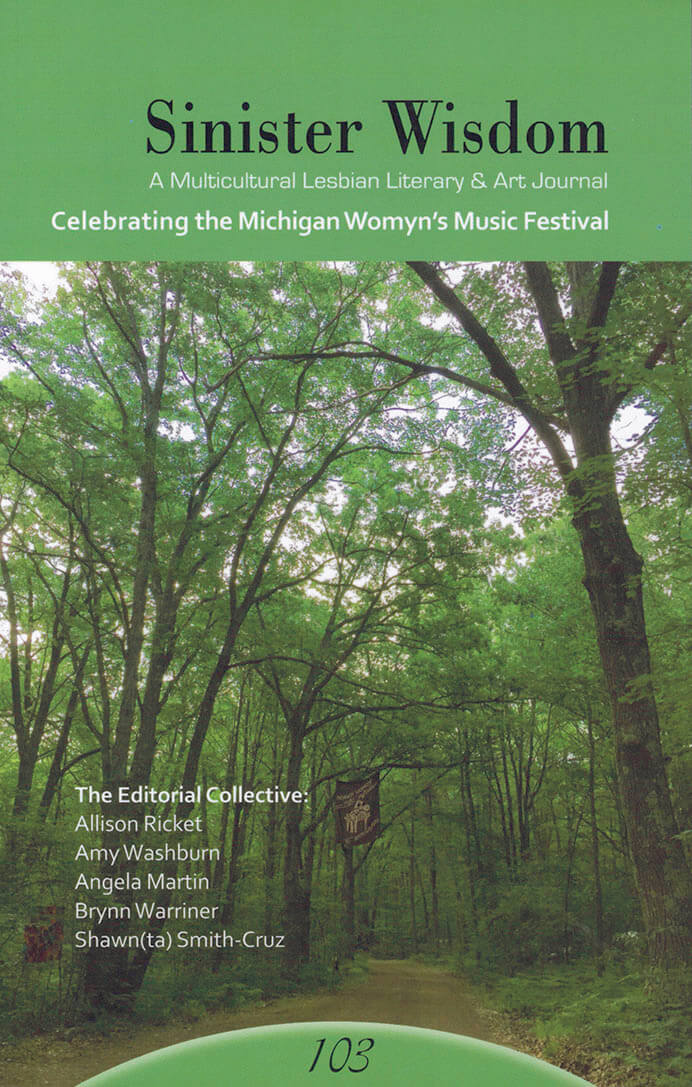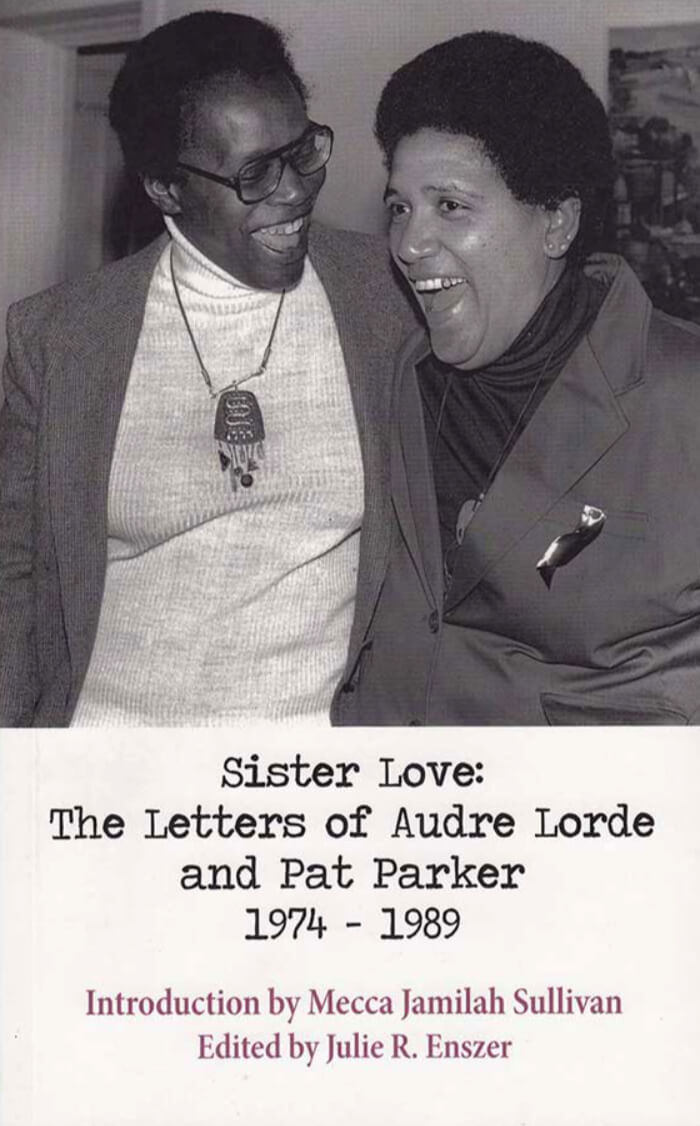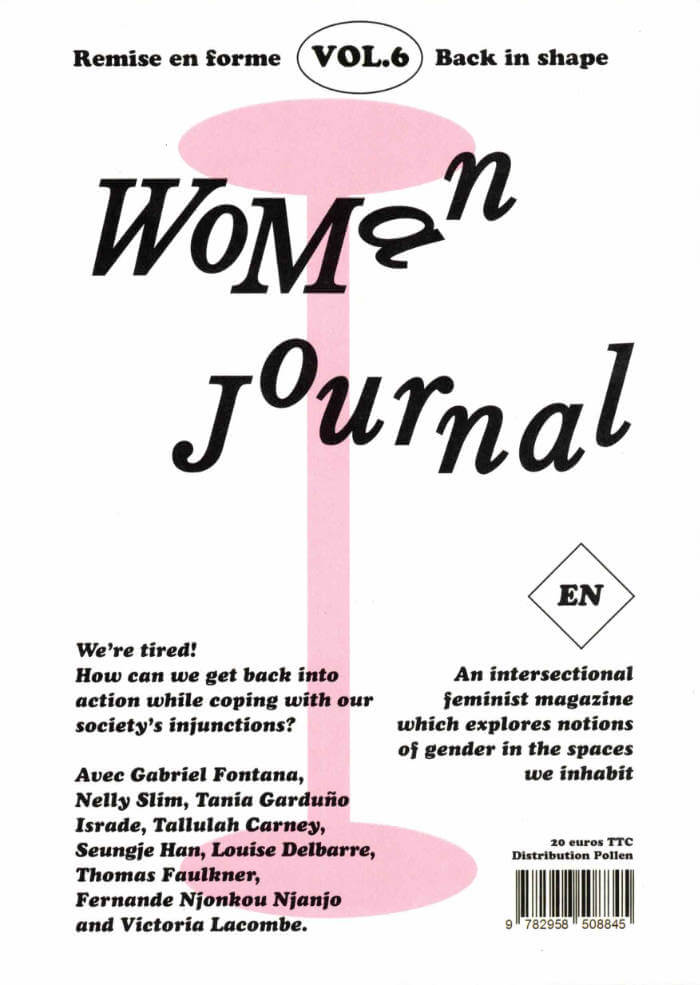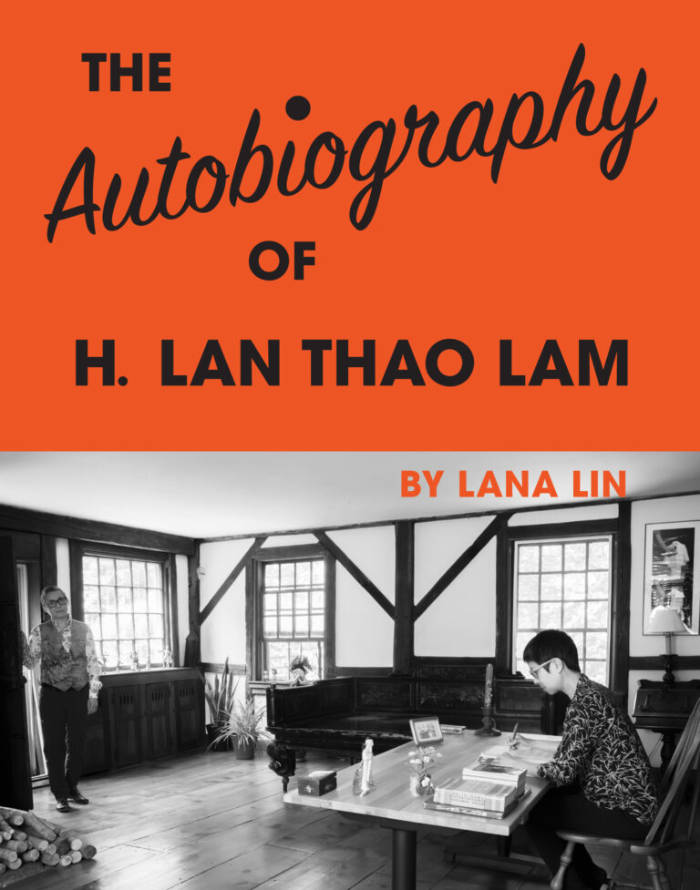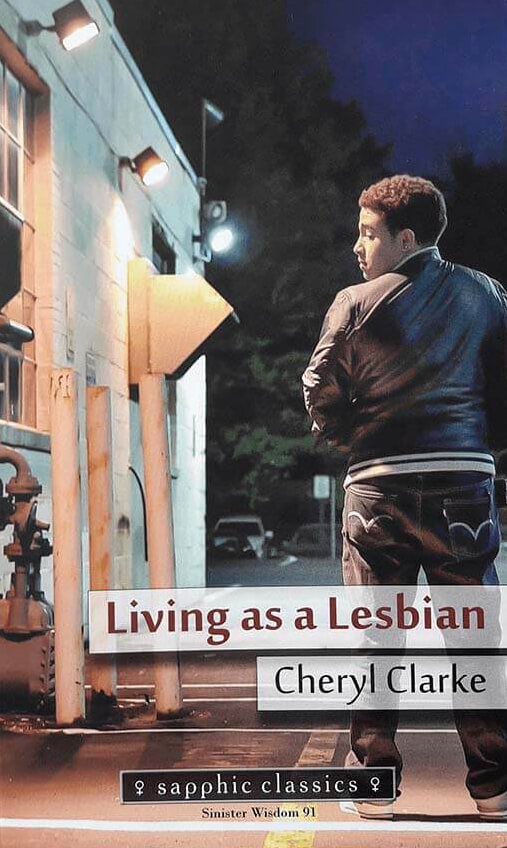
Living as a Lesbian
Sinister Wisdom 91 is a joint release: an issue of Sinister Wisdom and a trade paperback book. Living as a Lesbian, co-published with A Midsummer Night’s Press, is issue 91 of Sinister Wisdom and the second book in a new series, Sapphic Classics.
Living as a Lesbian is Cheryl Clarke’s paean to lesbian life. Filled with sounds from her childhood in Washington, DC, the riffs of jazz musicians, and bluesy incantations, Living as a Lesbian sings like a marimba, whispering “i am, i am in love with you.”
Living as a Lesbian chronicles Clarke’s years of literary and political activism with anger, passion, and determination. Clarke mourns the death of Kimako Baraka (“sister of famous artist brother”), celebrates the life of Indira Gandhi, and chronicles all kinds of disasters—natural and human-made. The world is large in Living as a Lesbian but also personal and intimate. These poems are closely observed and finely wrought, with Clarke’s characteristic charm and wit shining throughout.
In 1986, Living as a Lesbian captured the vitality and volatility of the lesbian world; today, in a world both changed and unchanged, Clarke’s poems continue to illuminate our lives and make new meanings for Living as a Lesbian.
Language: English

